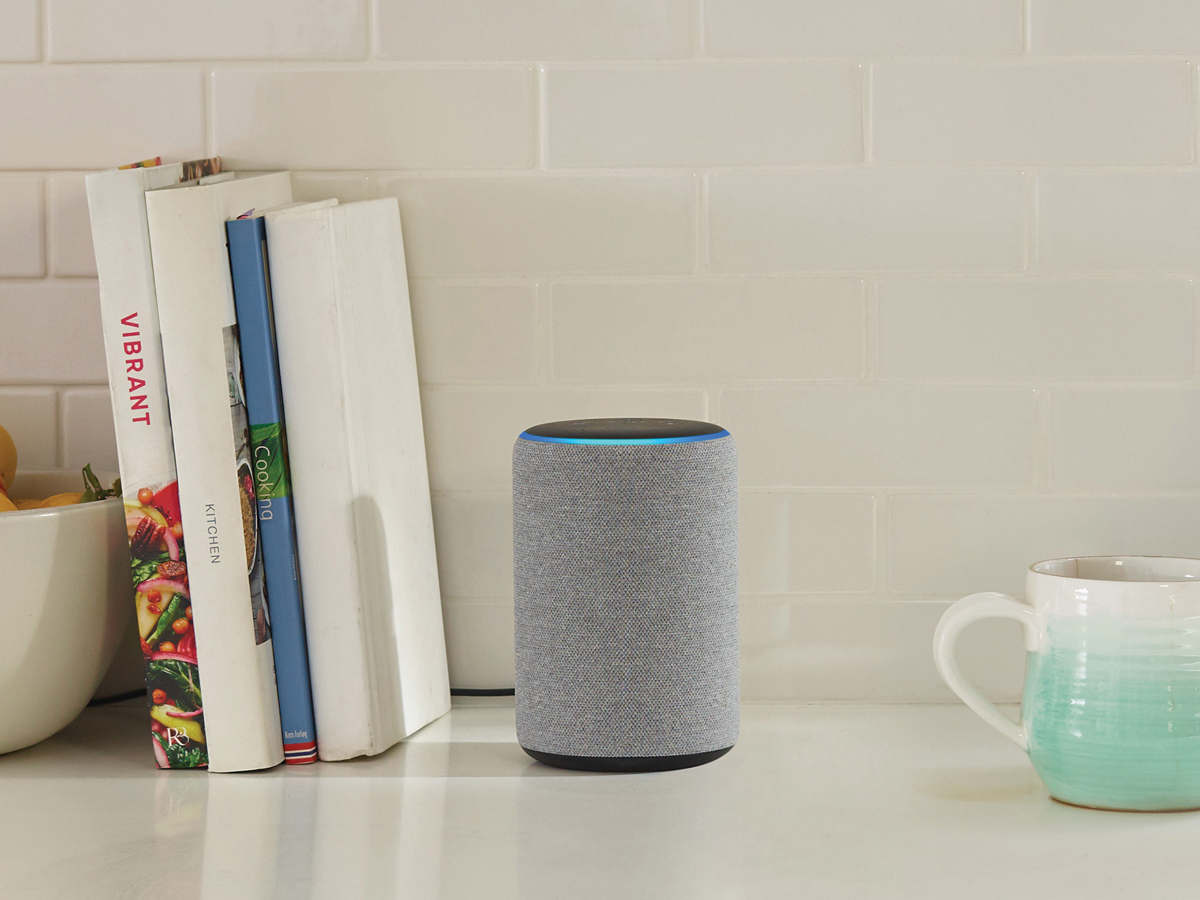
Have you ever wanted to turn off the lights or listen to the news by simply using your voice? That’s the power a digital assistant can provide. These handy products have made their way into homes across the country since the first smart speaker became available in late 2014. At the end of 2018, there were 66.4 million users of smart home assistants or smart home speakers in the U.S.
Today, 1 in 4 Americans own a smart speaker, and 40% of those folks also have more than one smart speaker at home. The most popular of these devices is the Amazon Echo, although Google Home products are selling at a rapid rate. Other top brands include Apple’s HomePod, the Sonos One and the JBL Link 10.
Google Home starts at about $129, and the Amazon Echo starts at about $180. However, there are smaller, more basic versions that can be purchased for $100 less—the Amazon Echo Dot and Google Home Mini. These smart speakers can help you set reminders, inform you of today’s top news stories, help you order products online, play music and even tell jokes!
As smart speakers become more prevalent, you may be wondering how these products affect your energy bills: Turns out, not a lot.
Tests have shown that the Amazon Echo uses 3 watts of electricity while on standby mode, which means that if the Echo were left on standby mode for one year, it would consume about $3.15 in electricity. While moderately active (like telling a joke or playing music at a medium volume), the Echo uses 4 watts. At its highest power use (like playing music at full volume), it uses 6.6 watts; if used consistently at this level, it would consume about $6.93 of electricity over the course of a year. For comparison, the Google Home uses slightly less energy than the Echo at 2 watts while in standby mode, saving about $1 a year in total energy costs.
There are plenty of reasons to buy a smart speaker; don’t let the additional cost to your energy bill stop you from adding one to your home.
Posted: 2/1/2020 8:00:00 AM
Author: